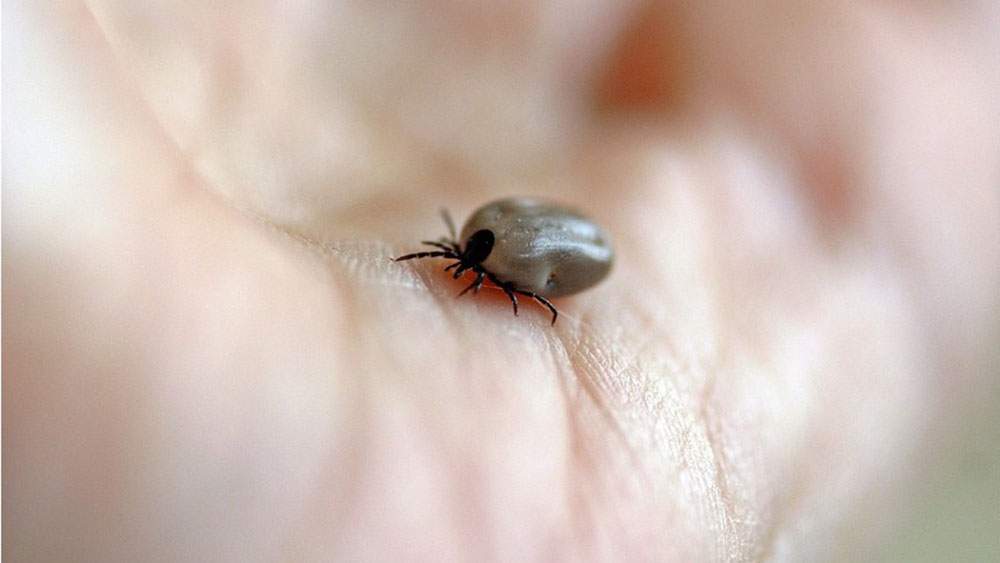Information on the TBE vaccines
Every day we receive questions from worried relatives about the TBE vaccination at the paediatric outpatient clinic. Tick-borne encephalitis (TBE) is a viral disease that leads to inflammation of the brain, the meninges and the central nervous system. About one to two weeks after the tick bite, flu-like symptoms with fever, headaches, vomiting or dizziness initially occur for a few days. Neck stiffness is one of the typical symptoms of the disease. It can lead to permanent damage such as paralysis and, in extreme cases, death.
There is no specific treatment for the outbreak. The vaccine was originally developed in Austria and has now been successfully used to immunise children and adults for 30 years. Due to the high effectiveness of the paediatric vaccine, it is the only one approved for use up to the age of 16.
Vaccination recommendation:
Vaccination is recommended by the Vaccination Committee of the Supreme Medical Council from the age of 1 (vaccination schedule), but the costs incurred are not covered by all health insurance companies. If an infant is particularly at risk, it can be vaccinated from the age of 6 months.
- Partial vaccination: Best still in the cold season (until March, so that one is already protected before the spring activity of the ticks).
- Partial vaccination: 1-3 months after the 1st partial vaccination
- Partial vaccination: 9-12 months after the 2nd partial vaccination
After full immunisation, the vaccination protection lasts for at least 5 years.
Where do ticks live?
- Ticks live mainly in grass and bushes and are shed by people (e.g. also playing or crawling children)
- Ticks do not only live deep in the forest, but also in cultivated gardens and parks in the city.
Who is at risk?
- Leisure activities are by far the most common cause of TBE. All federal states are affected by the danger of ticks.
- TBE can be contracted at any age.
Note: TBE vaccination does not help against Lyme disease (a bacterial disease also transmitted by ticks).



